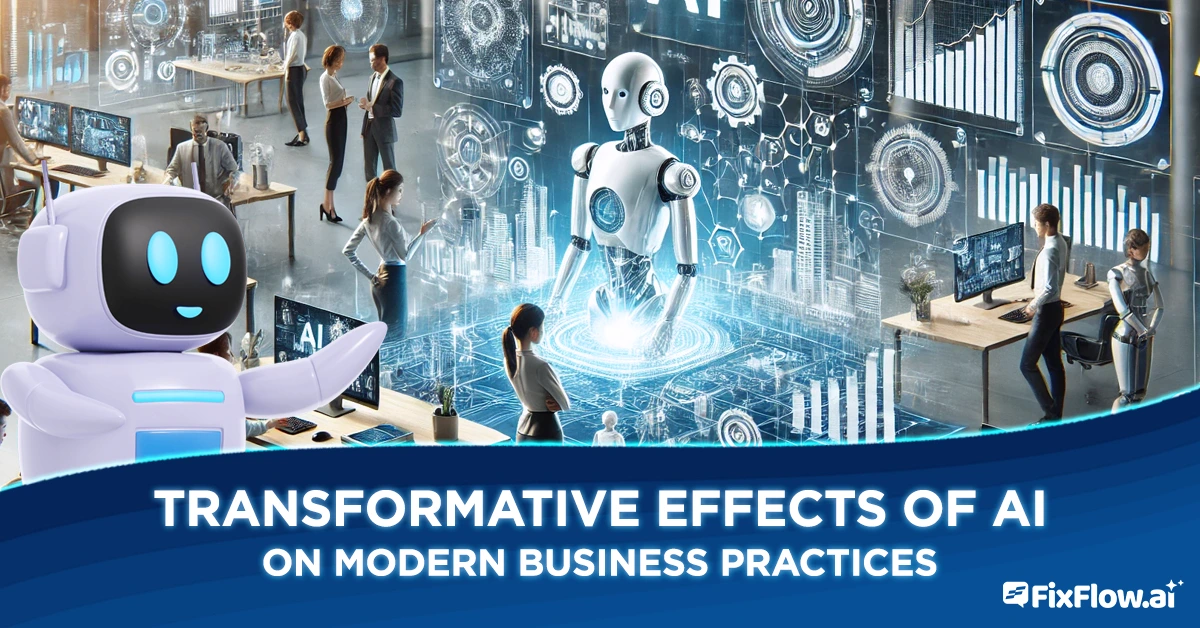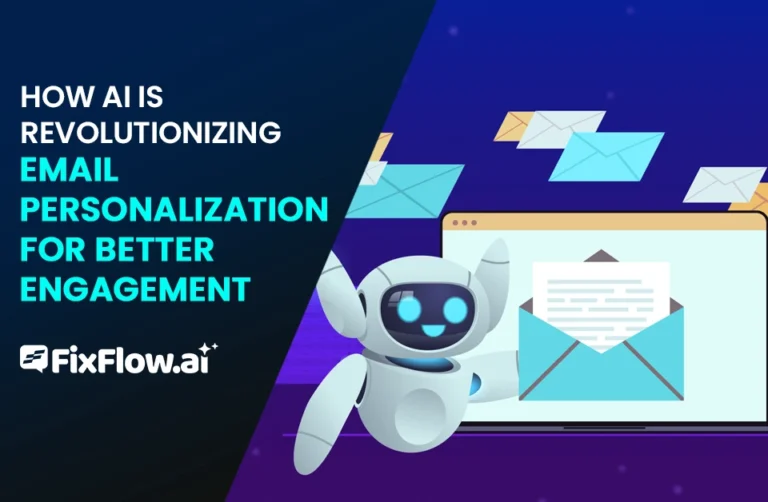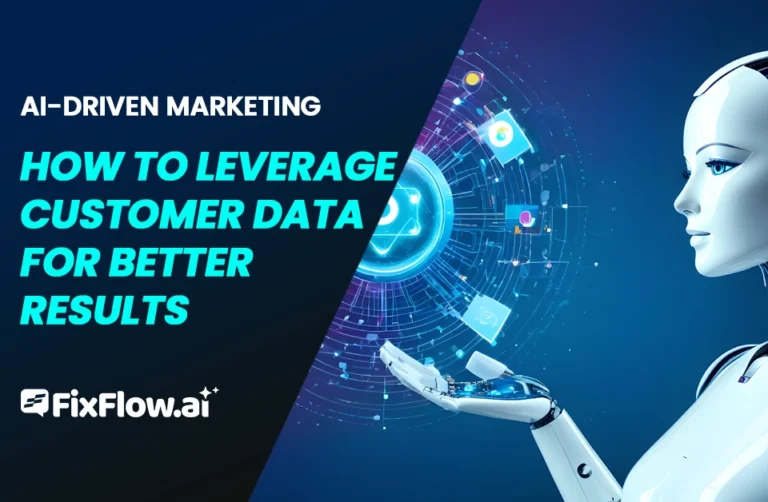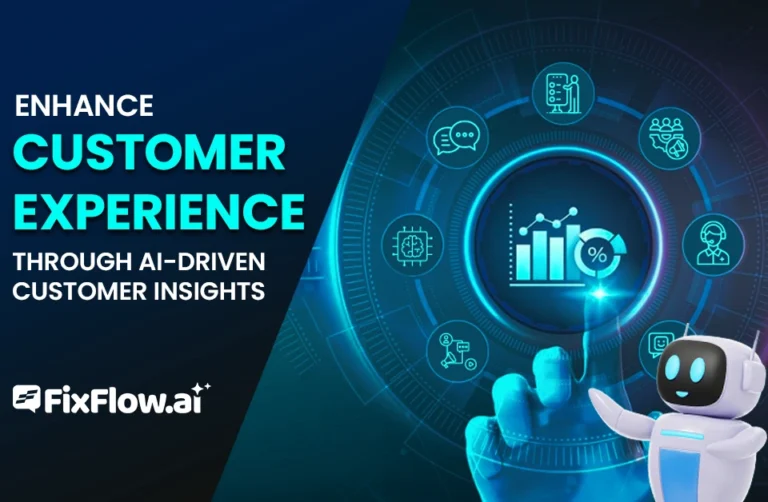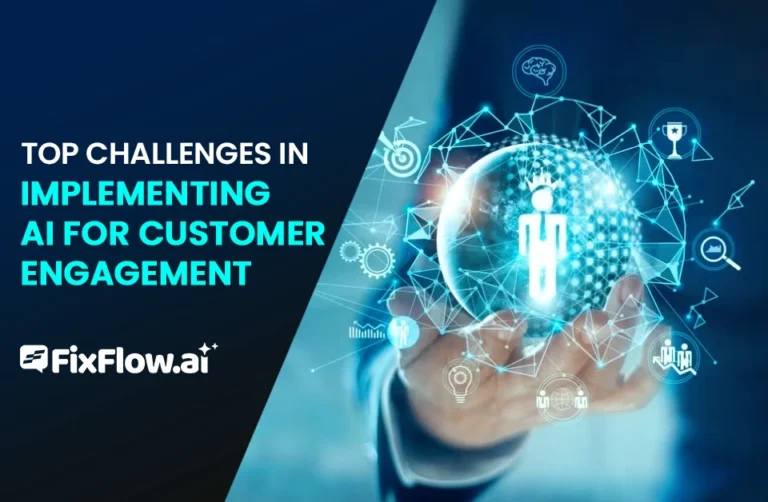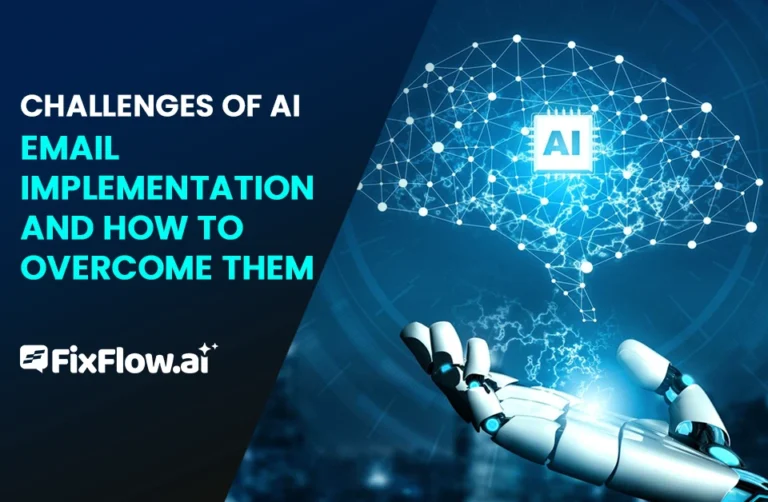Transformative Effects of AI on Modern Business Practices
You’re in a transformative era where AI is reshaping business practices. It streamlines operations by automating repetitive tasks and integrating predictive analytics, saving time and boosting efficiency. In customer service, AI personalizes experiences and offers real-time assistance through chatbots. For innovation, AI’s predictive capabilities provide a competitive edge and foster continuous growth. It revolutionizes data management by uncovering patterns and providing real-time insights. While implementation requires careful management and training, the benefits outweigh the challenges. As you explore further, you’ll find how these changes position businesses for a thriving future.
Streamlining Business Operations
Streamlining business operations with AI involves leveraging technology to automate and enhance efficiency across various tasks. Artificial intelligence is your best ally in business process optimization. By adopting AI, you’re not just implementing a new tool but setting the stage for significant operational efficiency. AI excels at automating repetitive tasks, freeing up time and resources for more strategic initiatives.
Imagine the endless hours saved when AI handles data entry or inventory management; tasks once bogged down by human error. Technology adoption in this way is all about smart delegation—letting machines handle the mundane so your team can focus on innovation and growth. It’s not just about doing things faster; it’s about doing them smarter.
AI also provides insights through predictive analytics, helping you make informed decisions. This foresight can be a game-changer, allowing you to anticipate market trends and adjust your strategies accordingly. Operational efficiency isn’t just a buzzword; it’s a tangible benefit of integrating AI into your business processes. Embracing AI means optimizing your operations and paving the way for future advancements.
Enhancing Customer Experiences
In today’s competitive market, enhancing customer experiences with AI is crucial for fostering loyalty and driving growth. You can leverage AI-driven insights to better understand your customers’ needs and tailor your offerings. Personalization is key, and AI allows you to customize interactions, making each customer feel valued. By employing natural language processing (NLP), you can analyze customer feedback swiftly, gaining a deeper understanding of their sentiments and preferences.
Imagine using AI tools like chatbots and virtual assistants. These tools can significantly improve customer engagement by providing real-time assistance and efficiently resolving queries. AI’s ability to learn from customer interactions means your service can continuously improve, offering smarter and more personalized responses. This not only enhances the customer experience but also builds trust and loyalty.
Moreover, AI-driven insights let you predict trends and customer behaviors, enabling proactive engagement strategies. You’ll anticipate needs before they’re expressed, ensuring your business stays one step ahead. This proactive approach satisfies current customers and attracts new ones as word spreads about your exceptional service. Embracing AI in your customer experience strategy is essential in today’s digitally-driven world.
Driving Innovation and Growth
AI catalyzes innovation and growth, transforming how businesses operate and compete. By embracing artificial intelligence, you’re opening doors to endless possibilities. It’s not just about keeping up; it’s about leading the charge in your industry. AI drives digital transformation, allowing you to reimagine processes and services previously limited by traditional methods. When AI is integrated into your business strategy, innovation becomes second nature.
Through advanced business intelligence, AI helps you uncover insights you might’ve missed otherwise. These insights can lead to smarter decisions, giving you a competitive advantage in a saturated market. Imagine having the power to predict trends and customer preferences before they become mainstream. That’s the kind of edge AI offers.
Moreover, AI fosters a culture of continuous innovation. It encourages experimentation and iteration, reducing the fear of failure by providing actionable data. With AI, you react to the market and shape it. Embrace AI as your partner in growth, and you’ll see how it enables a proactive approach to business challenges, setting the stage for sustained success and development.
Revolutionizing Data Management
As businesses harness AI to drive innovation and growth, data management is another significant area ripe for transformation. You know how crucial data is to your organization, but with AI, you can take your data analytics to the next level. Imagine having the capability to analyze past data and predict future trends with predictive analytics. This foresight empowers you to make informed decisions that propel your innovation strategy forward.
AI-driven data management enhances your decision-making process by offering real-time insights. This allows you to act swiftly and maintain organizational agility. You can quickly adapt to market changes, optimize operations, and seize new opportunities. By integrating AI into your data management practices, you’re not just keeping up with the competition but setting the pace.
Moreover, AI’s role in revolutionizing data management isn’t limited to efficiency. It enables you to uncover hidden patterns and insights, driving innovation and giving you a strategic edge. By leveraging AI, you’re redefining how your organization utilizes data, transforming it into a powerful asset that underpins your innovation strategy and fuels your business’s growth and success.
Overcoming Implementation Challenges
Given the complexities and uncertainties involved, implementing AI in your business can be daunting. To ensure a smooth transition, it’s crucial to tackle these challenges head-on. First, scalability is essential. You must provide AI solutions that can grow with your business, managing increasing data volumes and processing demands without compromising performance. Cost efficiency is another critical factor; investing in AI should ultimately reduce operational costs, not inflate them.
Workforce adaptation is key in this journey. Your team must be prepared to work alongside AI technologies, requiring effective training programs and support systems. This transition period is where change management comes into play. You’ll need a strategic approach to guide your employees through the shifts in roles and responsibilities, maintaining morale and productivity.
Ethical AI should be at the forefront of your implementation strategy. Establish guidelines to ensure your AI systems operate transparently and fairly, avoid biases, and uphold privacy standards. By addressing these core elements—scalability, cost efficiency, workforce adaptation, change management, and ethical AI—you can overcome implementation challenges and fully harness the transformative power of AI in your business.
Frequently Asked Questions
How Does AI Impact Employee Job Satisfaction and Morale?
AI impacts job satisfaction and morale by automating mundane tasks, allowing you to focus on more meaningful work. It can also provide personalized development opportunities and improve workflow efficiency. However, it might also cause anxiety about job security or require adapting to new technologies. Balancing these aspects, AI can enhance your work experience if implemented thoughtfully, emphasizing human-AI collaboration and providing the necessary support and training to adjust smoothly.
What Are the Costs Associated With AI Adoption in Businesses?
When considering AI adoption, costs can be significant. Initial expenses include purchasing software, upgrading hardware, and integrating AI systems into your infrastructure. You’ll also need to invest in training your team to use these new tools effectively. Ongoing costs include maintenance, updates, and the potential hiring of specialized staff. It’s important to weigh these costs against the potential efficiency gains and competitive advantages AI can offer your business

